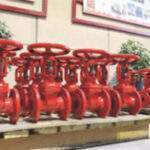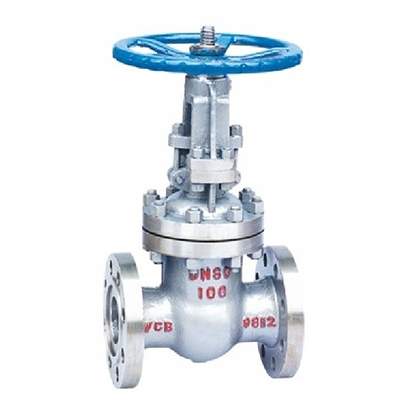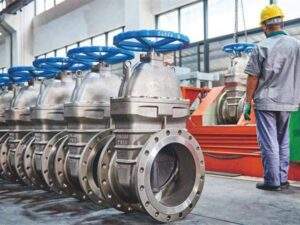Welcome to My Blog!
Before we dive into the content, if you’re interested in our products or have any questions, please feel free to visit our Contact Us page on the website. Our team is ready to assist you with inquiries, orders, or any support you may need.
Now, let’s get started on our journey together. I hope you find the content here insightful, engaging, and valuable.
Custom flanges play a critical role in specialized piping systems where standard sizes and types may not fit unique operational requirements. Choosing the right manufacturer and understanding the material, design, and installation requirements can prevent costly mistakes, ensure system reliability, and meet industry standards. This guide provides everything you need to know before ordering custom flanges.
Introduction
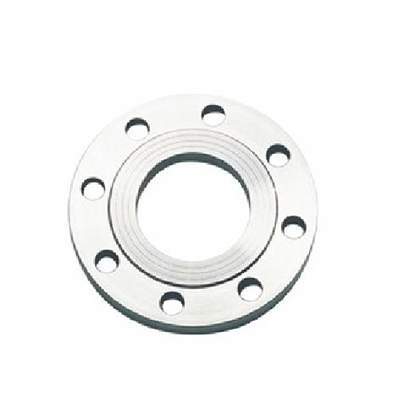
Custom flanges are designed to meet specific dimensions, pressure ratings, and material specifications that standard flanges cannot accommodate. They are widely used in industries like oil and gas, chemical processing, water treatment, and power generation. Understanding the differences between standard and custom flanges helps in making informed purchasing decisions.
Why Choose Custom Flanges
- Tailored for Unique Systems: Custom flanges can be designed for unusual pipe sizes, extreme pressure, or corrosive environments.
- Enhanced Performance: Precisely engineered flanges ensure better sealing, alignment, and long-term durability.
- Compliance with Standards: Custom flanges can be manufactured to comply with ANSI, ASME, DIN, JIS, or other regional standards.
- Flexibility for Industrial Applications: Ideal for retrofitting or expanding existing piping systems where standard flanges may not fit.
Materials Used in Custom Flanges
Material selection is critical for performance and longevity:
- Stainless Steel: Excellent corrosion resistance, ideal for chemical and food processing systems.
- Carbon Steel: Strong, cost-effective, and widely used in industrial piping.
- Alloy Steel: Suitable for high-pressure, high-temperature, and highly corrosive environments.
- Other Materials: Specialty metals and coatings can be applied for extreme conditions or regulatory requirements.
Types of Custom Flanges
Custom flanges can be manufactured in various types depending on application requirements:
- Weld Neck Flange: Provides strength and stress distribution for high-pressure systems.
- Slip-On Flange: Easy to install and weld, suitable for low-pressure pipelines.
- Blind Flange: Used to close the end of a pipeline, allowing easy inspection.
- Threaded Flange: Installed without welding, ideal for low-pressure or maintenance-heavy systems.
- Socket Weld Flange: Designed for small-diameter, high-pressure applications.
- Specialty Designs: Lap joint flanges, orifice flanges, and other custom shapes to meet unique system needs.
How to Choose the Right Custom Flange Manufacturer
Selecting a reliable manufacturer is essential for quality and compliance:
- Check Industry Experience: Look for manufacturers with proven expertise in custom flanges for your industry.
- Material and Standard Compliance: Ensure the manufacturer adheres to relevant standards like ANSI, ASME, DIN, or JIS.
- Quality Assurance: Verify inspection processes, testing procedures, and certifications.
- Lead Time and Support: Evaluate production timelines, technical support, and after-sales service.
- References and Reviews: Seek feedback from other clients and case studies to assess reliability.
Ordering Process for Custom Flanges
Understanding the ordering process helps prevent errors:
- Specification Requirements: Provide accurate pipe dimensions, pressure ratings, material preferences, and flange type.
- Design Approval: Manufacturers may offer CAD drawings or 3D models for approval before production.
- Production and Quality Checks: Confirm material certification, pressure tests, and dimensional inspections.
- Delivery and Documentation: Ensure proper packaging, shipping, and accompanying compliance documentation.
Installation Tips for Custom Flanges
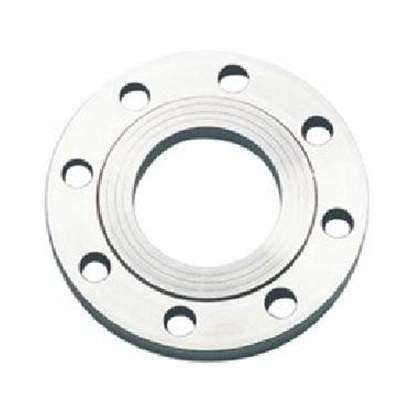
Proper installation maximizes performance and safety:
- Alignment: Ensure proper alignment of pipes to prevent stress and leakage.
- Bolting and Torque: Follow recommended torque specifications for bolts to ensure a secure seal.
- Gasket Selection: Choose compatible gaskets for temperature, pressure, and material conditions.
- Regular Maintenance: Inspect for corrosion, leaks, and wear periodically to prolong flange life.
FAQ
What makes a flange “custom”?
A custom flange is manufactured to meet specific size, pressure, material, or design requirements not covered by standard flanges.
How long does it take to produce a custom flange?
Production time depends on complexity, material, and manufacturer capabilities, usually ranging from 2–6 weeks.
Can custom flanges comply with industry standards?
Yes, reputable manufacturers produce custom flanges according to ANSI, ASME, DIN, or JIS standards.
Are custom flanges more expensive than standard ones?
Typically, yes, due to tailored materials, precise dimensions, and specialized manufacturing processes.
Can I order a small quantity of custom flanges?
Many manufacturers accept small-batch orders, though cost per piece may be higher compared to bulk orders.
Need Help Ordering the Right Custom Flanges?
If you’re unsure which flange type, material, or size fits your piping system, our experts are here to assist. Contact us today for a personalized consultation and ensure your system is safe, compliant, and efficient. Don’t risk delays or failures—get in touch now to secure the perfect custom flange for your operations!


